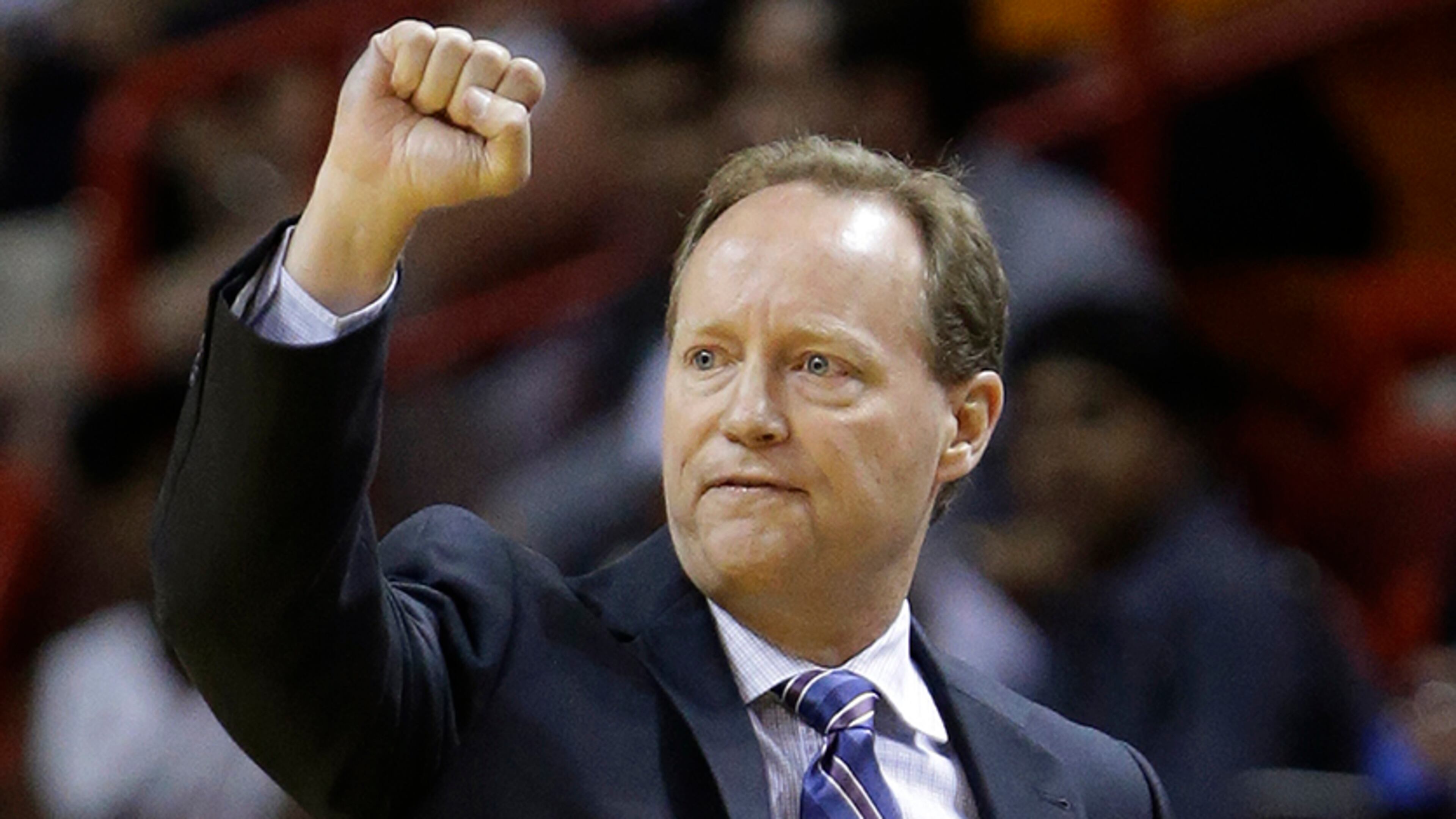NBA announces rule changes

The NBA announced several rule changes, including several modifications to instant replay, on Thursday.
The changes were approved by the Board of Governors after recommendations from the Competition Committee.
Here is a breakdown of the changes:
*Officials may now utilize instant replay if not reasonably sure a team had an improper number of players on the court with the ball in play.
* Instant replay triggers in effect only during last two minutes of regulation and entire overtime period(s) are now only in effect the last two minutes of regulation and the last two minutes of overtime period(s).
* Officials may conduct instant replay review whenever they are not reasonably certain which team should be awarded possession after a ball becomes out of bounds or whether an out of bounds in fact occurred during the last two minutes of regulation and the last two minutes of overtime period(s). Previously, officials could only use replay if they weren’t reasonably certain as to which of two players on opposing teams caused the ball to become out of bounds.
* Officials may utilize instant replay whenever they are not reasonably certain whether a foul that was called meets the criteria of a flagrant foul. Previously, the foul had to be called a flagrant on the floor in order to utilize instant replay.
* Officials may utilize instant replay whenever they are not reasonably certain whether a foul that was called meets the criteria of a clear-path-to-the-basket foul. Previously, the foul had to be called a clear-path foul on the floor in order to utilize instant replay.
* Officials may utilize instant replay any time they are not certain when any player (offensive or defensive) without the ball was fouled relative to the timing of a successful shot. Previously, officials could only review the timing when an offensive player without the ball was fouled.
* If a team has too many players on the court while the ball is in playthe offending team would both be assessed a non-unsportsmanlike technical foul and lose possession if it had possession at the time the violation was discovered, and the non-offending team would continue to have the option of either accepting or nullifying the game action that occurred during the violation. Previously, if the offending team had possession, it would keep possession of the ball despite the violation.
* Teams may freely substitute players whenever any timeout is called. Previously, there were limited circumstances in which a team couldn’t substitute for certain players at timeouts.
* The shot clock will no longer be reset to five seconds when a held ball is caused by the defense with fewer than five seconds remaining on the clock.
The rule changes will go into effect starting with exhibition games Friday.



